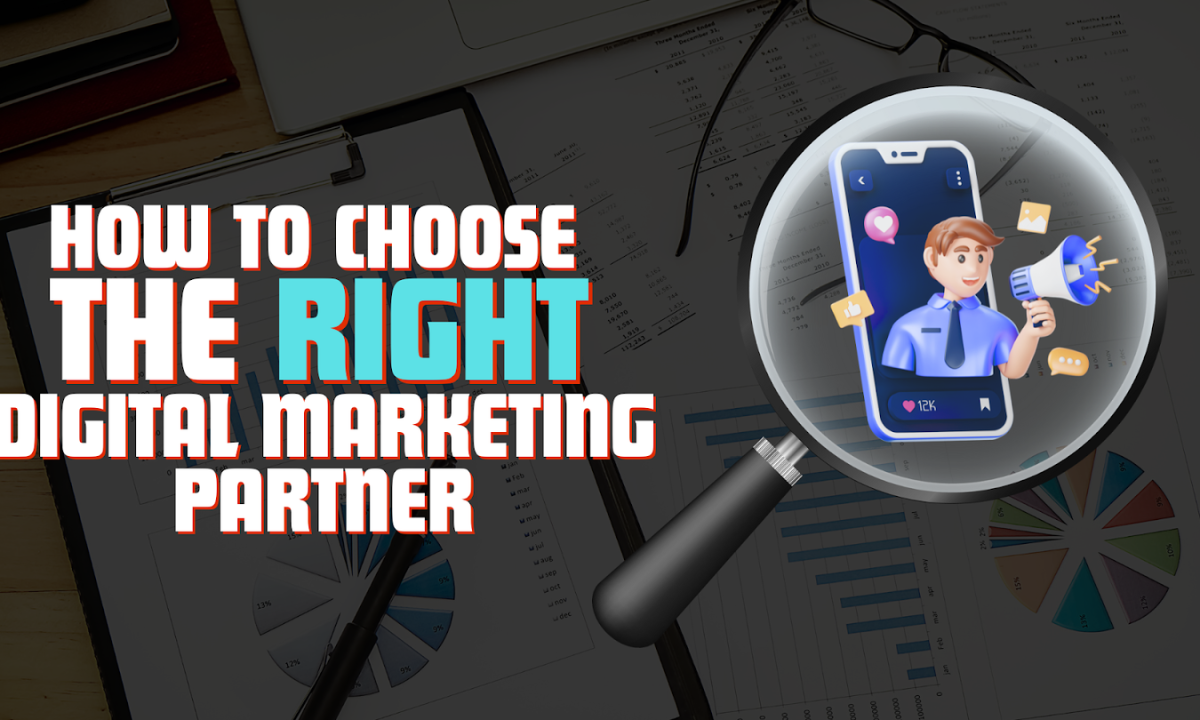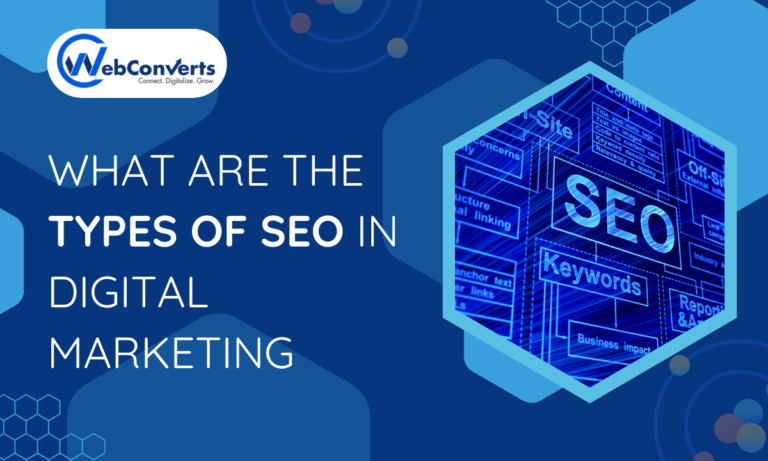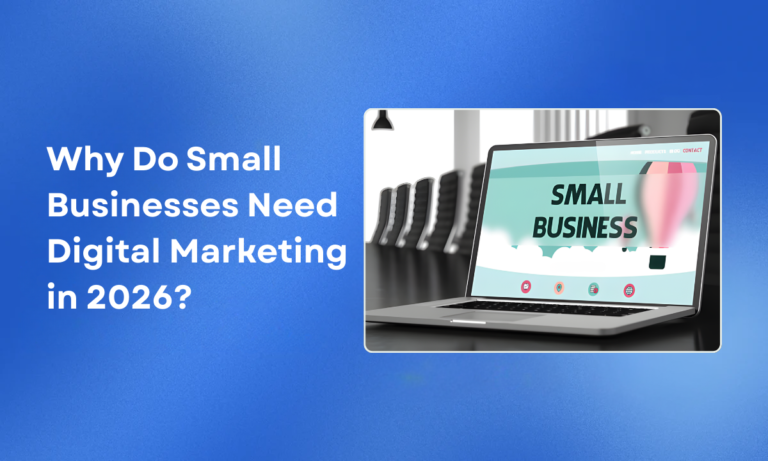Selecting the right Digital Marketing Partner is a game-changer for businesses aiming to thrive in today’s competitive online landscape. A skilled partner boosts brand visibility, generates high-quality leads, and maximizes ROI through data-driven strategies.
This blog provides a clear roadmap to identify a Top Digital Marketing Company, emphasizing Why Digital Marketing is critical, the importance of Competitor Analysis, and how to evaluate a Digital Marketing Agency in Bangalore. Tailored for experienced business owners, we’ll dive into technical evaluation criteria, actionable steps, and common pitfalls to avoid, ensuring you choose an agency that aligns perfectly with your growth objectives.
Key Selection Criteria to Choose the Right Digital Marketing Partner
1. Expertise & Specialization
A strong digital marketing partner should have deep expertise in your industry and the platforms that matter most to your business. Look for agencies with proven case studies in your niche—whether it’s eCommerce, B2B, healthcare, or local retail.
Certifications from Google, Meta, or HubSpot signal technical proficiency, but real-world results matter more. Beyond general knowledge, assess their ability to handle advanced tools like GA4, CRM integrations, and marketing automation. A partner who only manages basic social media ads may not be equipped to scale your growth.
2. Transparency & Accountability
The best agencies operate with full transparency, providing clear reporting on metrics that impact your bottom line, not just vanity numbers like impressions or likes. Ask how they measure success: Do they track sales, lead quality, or customer lifetime value? Monthly performance reviews and accessible dashboards should be standard. Avoid partners who hide behind vague jargon or refuse to share raw data. Contracts should be flexible, with performance-based clauses rather than rigid long-term commitments.
3. Custom Strategy Development
A cookie-cutter approach will not cut it. Your digital marketing partner should start by conducting a thorough audit of your business, competitors, and target audience before proposing solutions. Beware of agencies that push pre-packaged campaigns without understanding your unique challenges. A full-funnel strategy is key. They should balance brand awareness (SEO, content) with conversion-focused tactics (retargeting, email sequences). If their pitch focuses only on one channel, they may lack holistic expertise.
4. Technology & Data Security
A competent agency leverages advanced tools—AI-driven bidding, heatmap analysis, and multi-touch attribution—to optimize campaigns. Ask about their tech stack: Do they rely on outdated methods, or do they use real-time data for decision-making?
Data security is non-negotiable. Ensure they comply with GDPR or local regulations, especially if handling customer data. If they outsource critical tasks (like creative or development), verify their partners’ credibility.
5. Cultural Fit & Long-Term Scalability
Your marketing partner should feel like an extension of your team. Do they take time to understand your business goals, or do they treat you as just another client? Look for agencies that assign a dedicated account manager rather than leaving you with an impersonal support system—scalability matters. As your business grows, your agency should adapt—whether that means expanding budgets, entering new markets, or integrating emerging channels like AI chatbots or voice search.
Evaluation Process to Find the Perfect Digital Marketing Partner
Selecting the right agency requires a structured approach—don’t rush into a long-term commitment without testing their capabilities. Start by shortlisting 3-5 agencies with proven expertise in your industry. Dig beyond flashy websites; analyze case studies, client testimonials, and third-party reviews to gauge real impact.
Next, request detailed proposals. The best agencies will provide data-backed strategies tailored to your business, not recycled templates. Look for clear KPIs, transparent pricing, and a roadmap that aligns with your goals.
Interview your top candidates—but go beyond standard questions. Ask: “What was your biggest campaign failure, and how did you pivot?” Their answer reveals problem-solving skills and accountability.
Before signing a long contract, run a pilot project. A 3-month test campaign (e.g., SEO, ads, or content) lets you evaluate their execution, communication, and results firsthand.
Finally, make your decision based on three pillars: cost efficiency, proven expertise, and cultural fit. The cheapest option isn’t always the worst, and the most expensive isn’t always the best—balance value with performance.
Red Flags to Avoid
When choosing a digital marketing partner, steer clear of these pitfalls to safeguard your investment:
- Vanity Metrics: Agencies hyping “likes” or “followers” over sales metrics like conversions or ROAS mislead about impact. Demand focuses on revenue-driven KPIs.
- No Clear Strategy: Jumping to tactics without a roadmap, including competitor analysis, risks misaligned efforts. Top digital marketing companies prioritize data-driven plans.
- Poor Communication: Slow responses or vague, jargon-filled reports hinder collaboration. A digital marketing agency in Bangalore, like Web Convert, ensures timely, clear updates.
- Hidden Costs: Ambiguous pricing or surprise upsells erode trust. Insist on transparent contracts up front.
- No Client References: Refusing to share case studies or testimonials signals unproven results.
Avoid these red flags to secure a partner that delivers measurable growth and aligns with your vision.
Conclusion
The right digital marketing partner blends expertise, transparency, and proven results to drive business growth. Avoid pitfalls and prioritize data-driven strategies for success. Want a vetted list of top-performing agencies? Get our free evaluation checklist at webconverts.com to find your ideal partner today.





